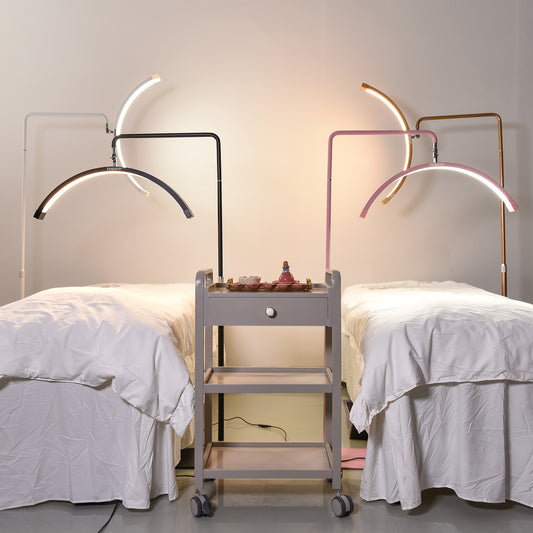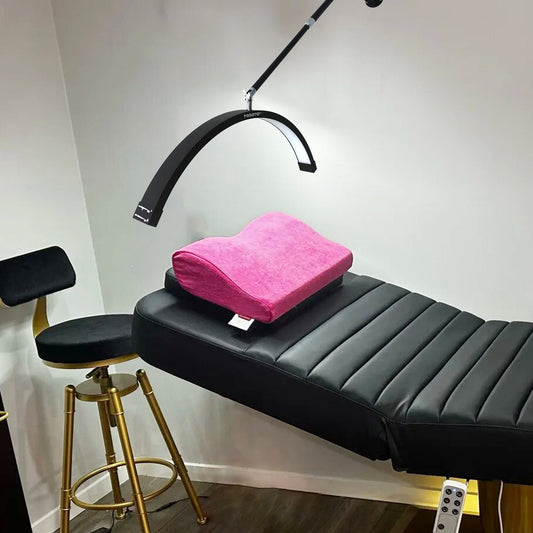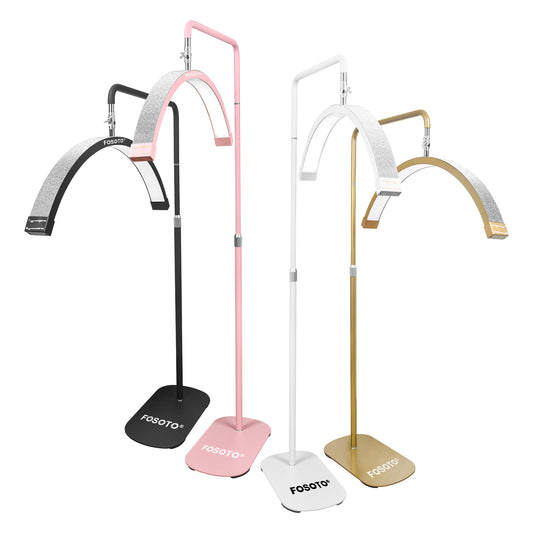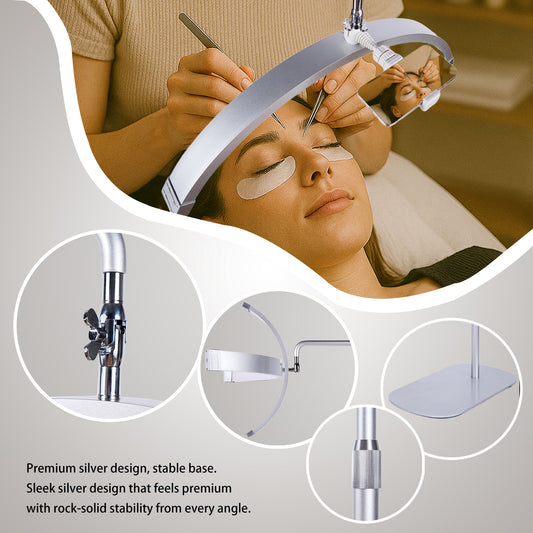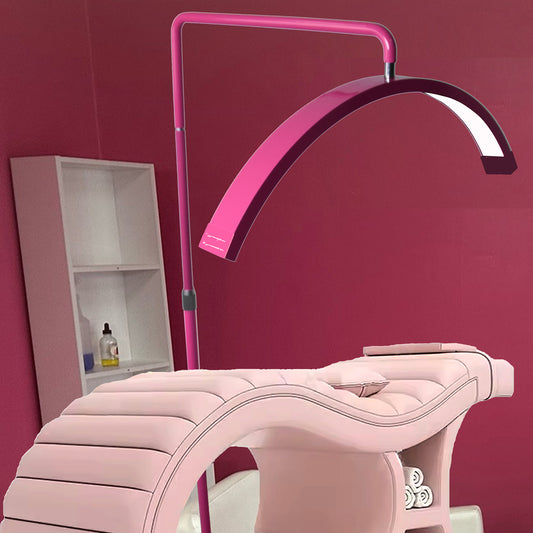
Why UL certification is important in the lighting industry
Share
UL Certification: What It Means for the Lighting Industry
When it comes to lighting products, safety is just as important as performance. In North America, one certification stands out as a benchmark for product safety and reliability—UL Certification.
What Is UL Certification?
UL (Underwriters Laboratories) is an independent safety science organization founded in 1894 in the United States. Its certification mark indicates that a product has been tested against stringent safety standards, covering electrical performance, fire resistance, mechanical stability, and more.
While UL certifies products across many industries, it is especially significant in the lighting sector, where electrical safety is a primary concern.
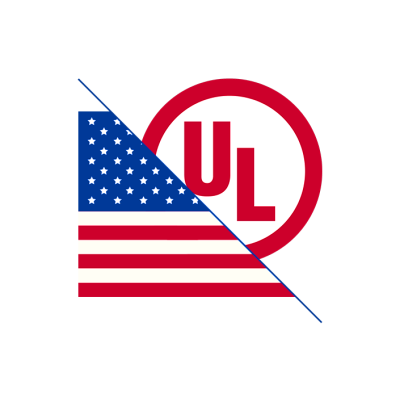
However, UL Certification is particularly important in the lighting industry, particularly in the context of electrical installation safety and the diverse, often harsh environments in which luminaires are used, from domestic spaces to office buildings and industrial plants. Testing luminaires for overheating resistance and determining their failure rates ensures that products can be freely traded globally. This ensures that luminaires meet international safety standards, allowing them to be sold in the United States and Canada, and builds customer trust.
Why UL Certification Matters in Lighting
Lighting products—whether for residential, commercial, or professional use—are constantly connected to power sources and often operate for long hours. UL Certification offers several key benefits:
1. Safety Assurance
-
Ensures electrical components are tested for overcurrent, overheating, and short-circuit prevention.
-
Verifies the flame-retardant properties and insulation performance of housing materials.
-
Reduces the risk of fire, electric shock, and other hazards during long-term use.
2. Market Access
-
In the U.S. and Canada, UL (or equivalent, such as ETL) is often required for electrical products.
-
Many retailers, contractors, and government projects mandate UL-certified lighting in their procurement processes.
3. Brand Credibility
-
The UL mark is widely recognized by North American consumers as a symbol of safety and trust.
-
Helps reduce liability risks and enhance brand reputation.
4. Lower Insurance Risks
-
Using UL-certified lighting can help businesses reduce potential insurance costs, as insurers view them as lower risk.

Types of UL Certification in Lighting
There are several UL marks relevant to the lighting industry:
-
UL Listed
Certifies that the complete lighting fixture meets UL safety standards and can be sold directly to end users. -
UL Recognized Component
Applies to individual components (e.g., LED drivers, power supplies, LED modules) used in lighting products. -
cULus
Indicates compliance with both U.S. and Canadian safety standards, allowing broader market coverage in North America.
The Role of UL Certification in Professional Lighting
For applications such as beauty salons, spas, dental offices, and medical facilities, lighting safety is non-negotiable. UL-certified lighting ensures peace of mind for professionals and clients alike, meeting the requirements of strict procurement and compliance processes.
For manufacturers and distributors, UL Certification is not just a compliance step—it’s a competitive advantage. It enables seamless entry into high-demand markets, builds customer trust, and minimizes after-sales safety concerns.
In short: UL Certification is the “safety passport” for lighting products in North America—proving they can shine brightly, safely, and reliably for years to come.


